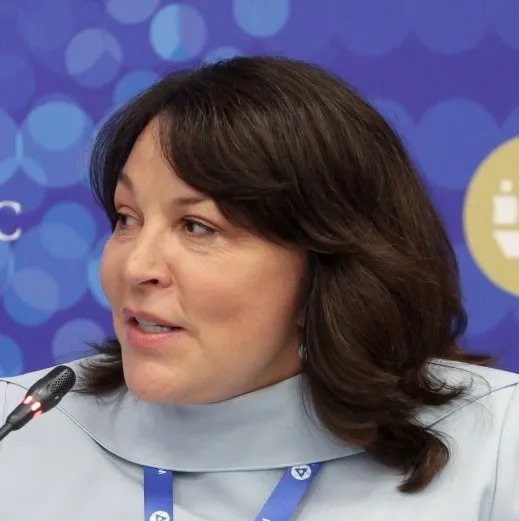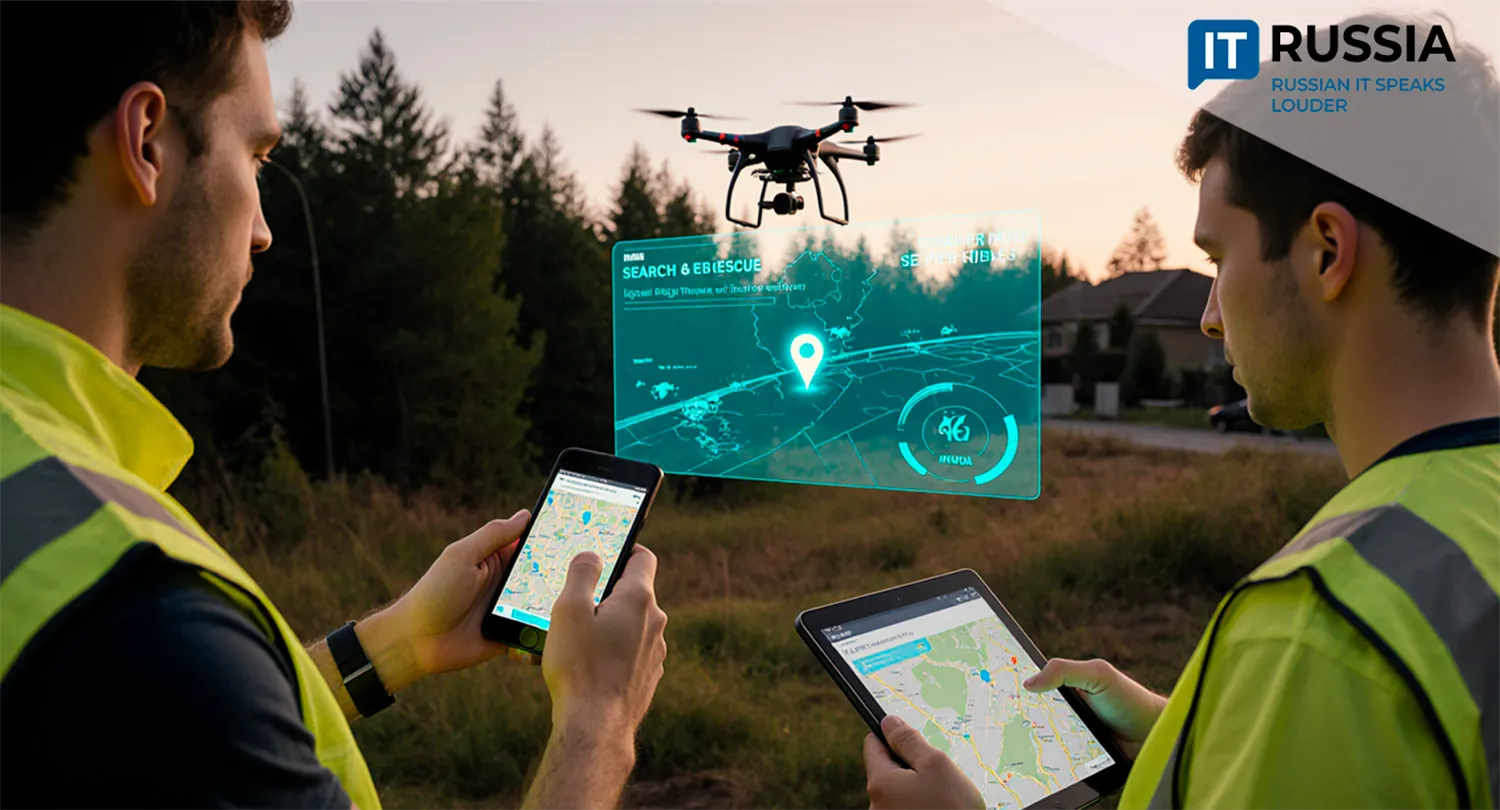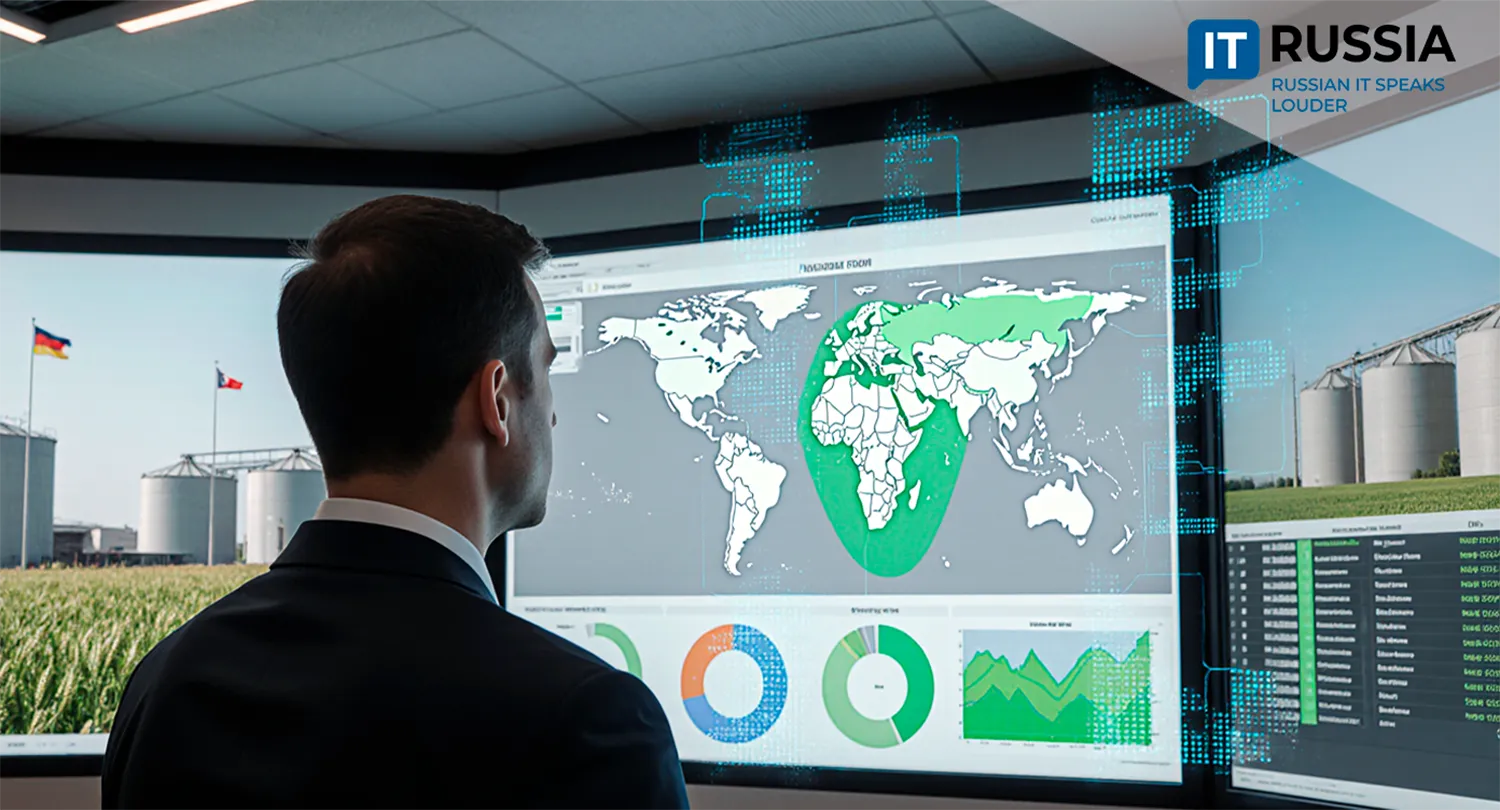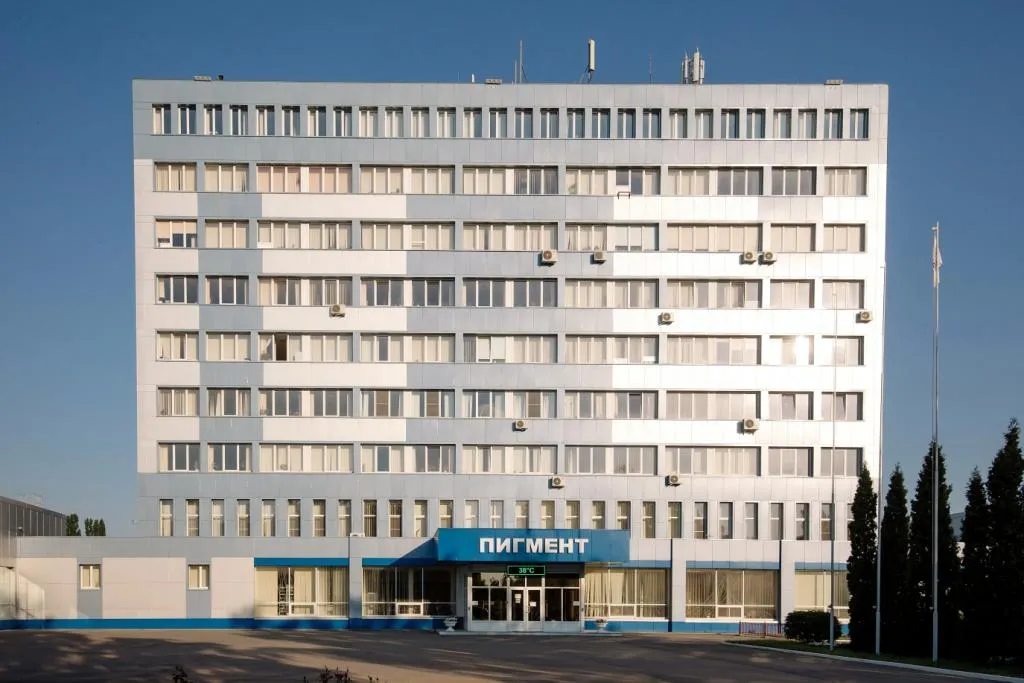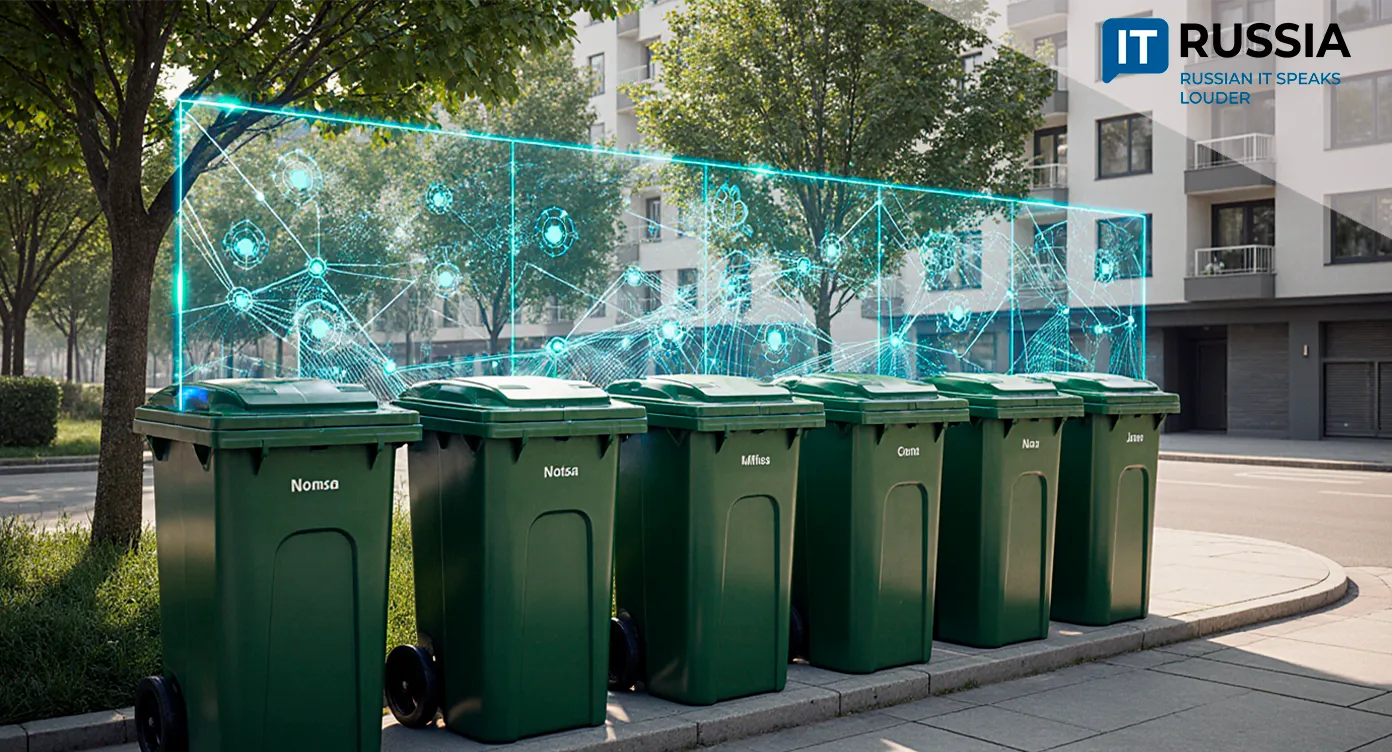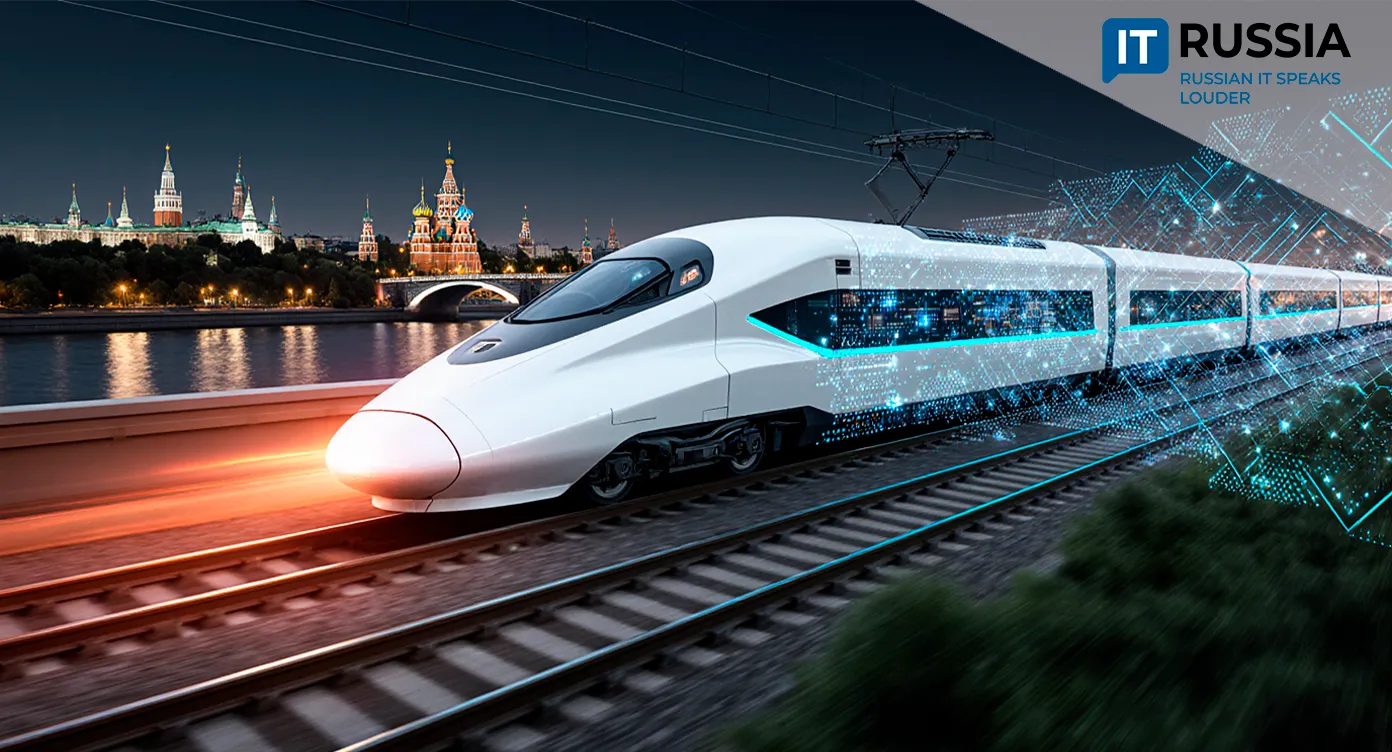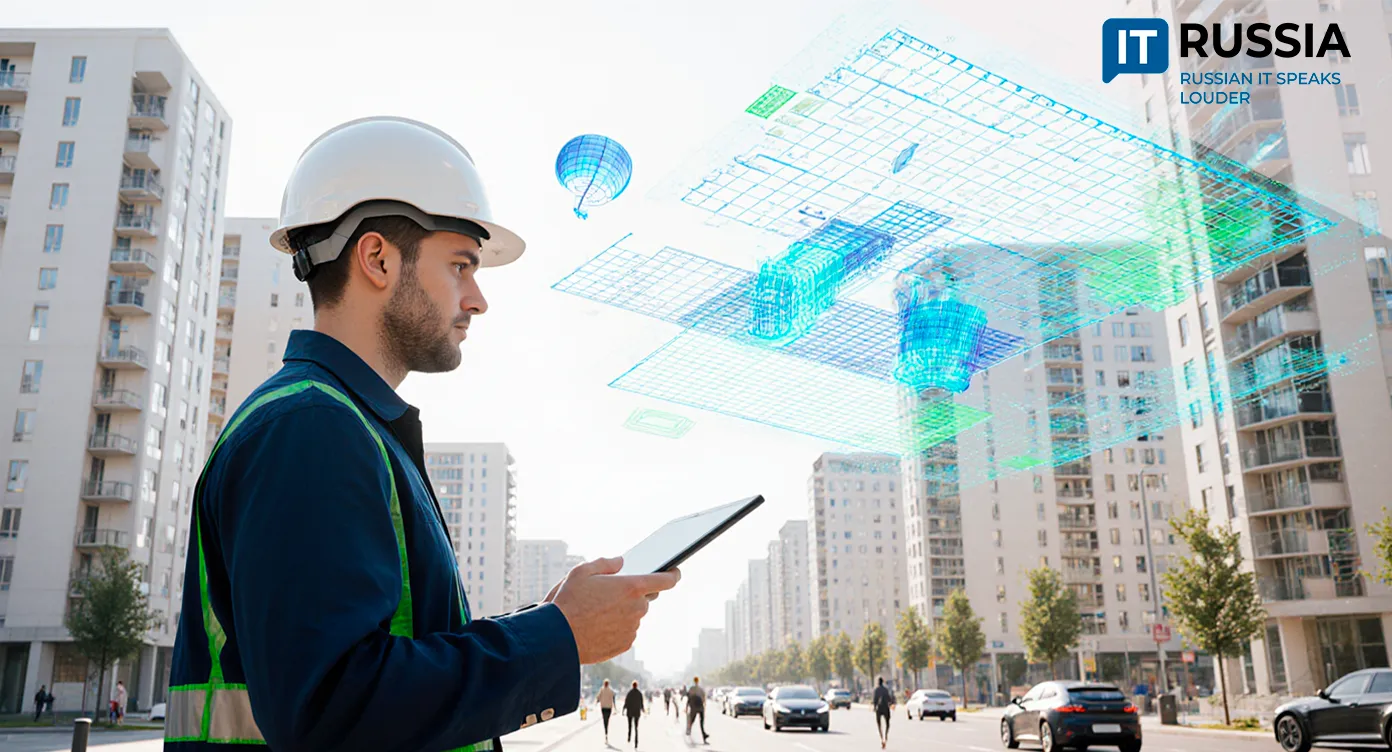Rosatom Builds Smart Cities Across Dozens of Regions
Rosatom’s Smart City project has moved beyond the pilot stage. The platform is now being deployed in many Russian regions, delivering measurable time and cost savings, improving the quality of the urban environment, and expanding residents’ access to modern digital services.
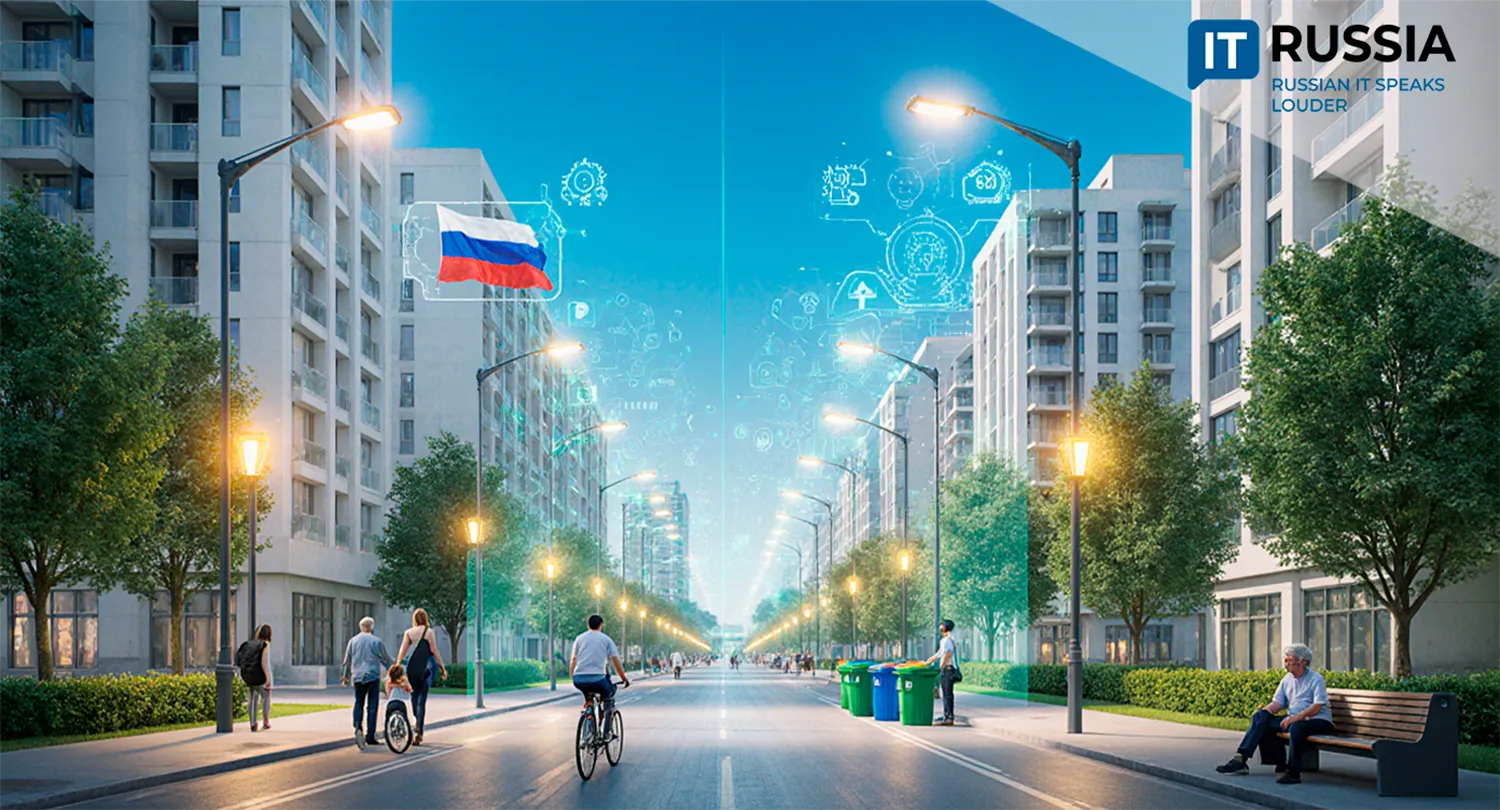
Scope and Scale of the Project
The Smart City initiative is not a single feature but a full-scale platform: modular digital services for housing and utilities, transportation, safety, environmental monitoring, and citizen engagement. Rosatom’s solutions are now applied in nearly 200 municipalities across Russia, extending from Murmansk to Sakhalin. For residents, this means access to metropolitan-level digital services: citizen requests are processed three times faster, while video analytics has made waste collection oversight ten times quicker.
Artificial Intelligence as a Catalyst for Change
The latest version of the platform stands out for its active use of artificial intelligence. This is not just a label: algorithms automatically sort citizen requests, analyze camera feeds and sensors, and generate assignments for municipal workers. According to the platform’s operator, the average processing time for a citizen request has been reduced by more than three times—an outcome residents and city administrations immediately notice.

One of the most striking achievements is the module for monitoring solid waste removal. Thanks to cameras and computer vision algorithms, local administrations can see in real time whether containers are full, detect illegal dumping, and confirm removal of solid waste. This has accelerated oversight and response tenfold compared to manual inspections and paper-based reporting. The system reduces logistics costs and improves contractor performance.
Impact and Productivity
The results of implementation are already measurable: the platform helped resolve tens of thousands of urban problems in just one year. Automation has lowered municipalities’ operating costs and sped up service delivery for residents. This creates tangible economic benefits, from reducing fuel overuse by garbage trucks to cutting downtime caused by housing and utilities failures.

For city residents, the most visible benefit is convenience. A single entry point for requests, transparent tracking maps, notifications on deadlines and outcomes, online access to request statuses, and a unified contact center—all these reduce bureaucracy and strengthen public trust in local governments. Additionally, digital management of street lighting, parking, and transportation systems makes daily life safer and more comfortable.
Standards and Future Potential
The system is designed with modularity in mind: municipalities can adopt only the services they need or roll out the full package. This simplifies replication, from small towns to large cities. The platform operates on a SaaS model, lowering the entry threshold for administrations. Furthermore, Russian smart city solutions are attracting international interest—Rosatom already has experience scaling technologies in partnerships and global programs.

Rosatom’s Smart City demonstrates how large-scale digitalization can bridge the quality-of-life gap between metropolitan centers and small towns. Tripling the speed of citizen request processing and accelerating solid waste oversight tenfold translates into real savings and better services.
If replication continues at the current pace, the project could fundamentally reshape municipal management across Russia.


